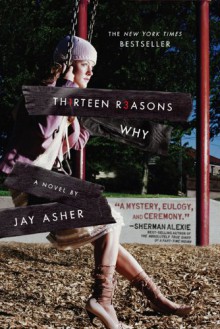
After seeing the recent adaptation of Stephen King's It, I was inspired to delve into a big, fat horror novel (I already read It a few summers ago); plus, 'tis the season. John Ajvide Lindqvist has been referred to as Sweden's Stephen King, and I can see why. What I like most about King's writing is his characterization: characters feel like real people, no matter how fantastical, or evil. Little Star is my second Lindqvist novel, and he has a similar gift for creating engaging characters.
In some ways, though, I find his horror even more frightening than King's. He has a way of providing the details that are often skipped over in horror movies, such as the way the human body reacts to terror. Acts of violence are shockingly brutal (early in the novel a husband savagely breaks his wife's kneecap). He also appears to be interested in children as protagonists, especially girls. Little Star, like Let the Right One In, the other Lindqvist novel I read, features two children as the characters who drive the narrative. One (Theres) does not seem to be quite human (like the vampire in the latter novel), while the other (Theresa) is a human who is an outcast (like the boy who befriends the vampire). Each one's story is told separately at first, including their parents' points of view, until they meet--virtually and then in person. At this point we know the two will be frightening together.
Much of this novel details the angst and alienation of young girls, which can be painful to read if you're a woman who felt like an outsider at some point during your childhood. That alienation is weaponized; it's a freight train whose collision you can't stop but also can't look away from. It reminded me of Dietland, which I read a while ago and is not a horror novel, or even Kill the Boy Band and The Girls. I suppose I'm drawn to stories where patriarchal suppression erupts in violence.
I was left with a question or two, including Theres's origins (she's left to die as an infant in a forest before being discovered) and the red smoke she and the girls feed on. I also wanted a bit more of Theres's adoptive mother's perspective at the beginning.
Despite these questions, this novel shocked, disturbed, and awed me. I tore through it. AND I learned about several Swedish pop stars!

 Log in with Facebook
Log in with Facebook 









